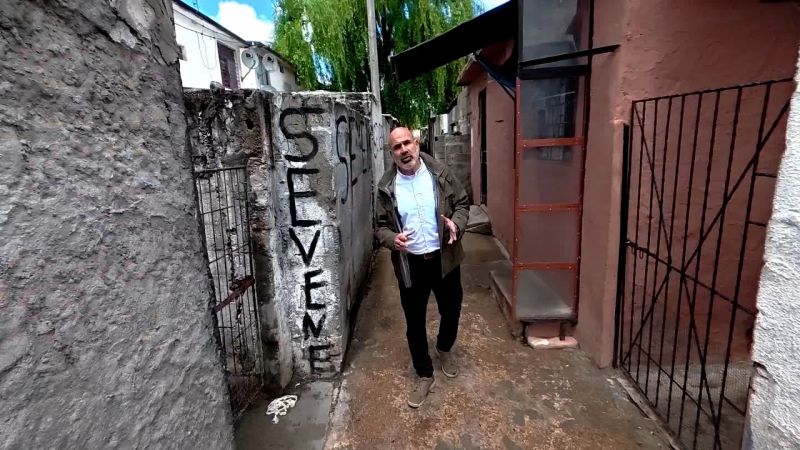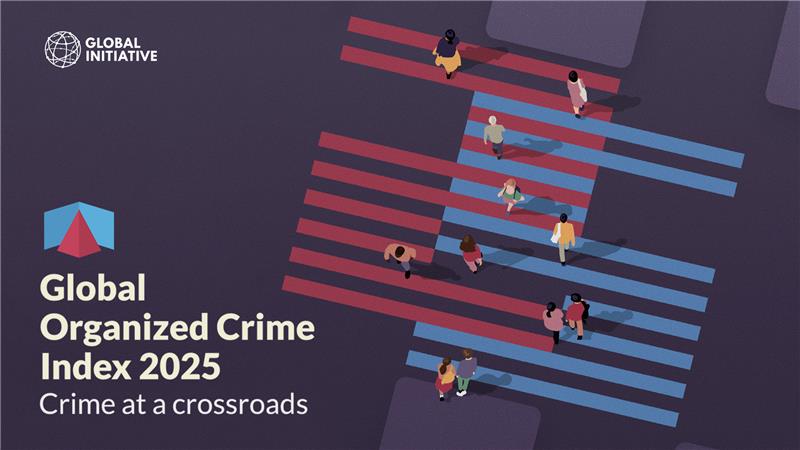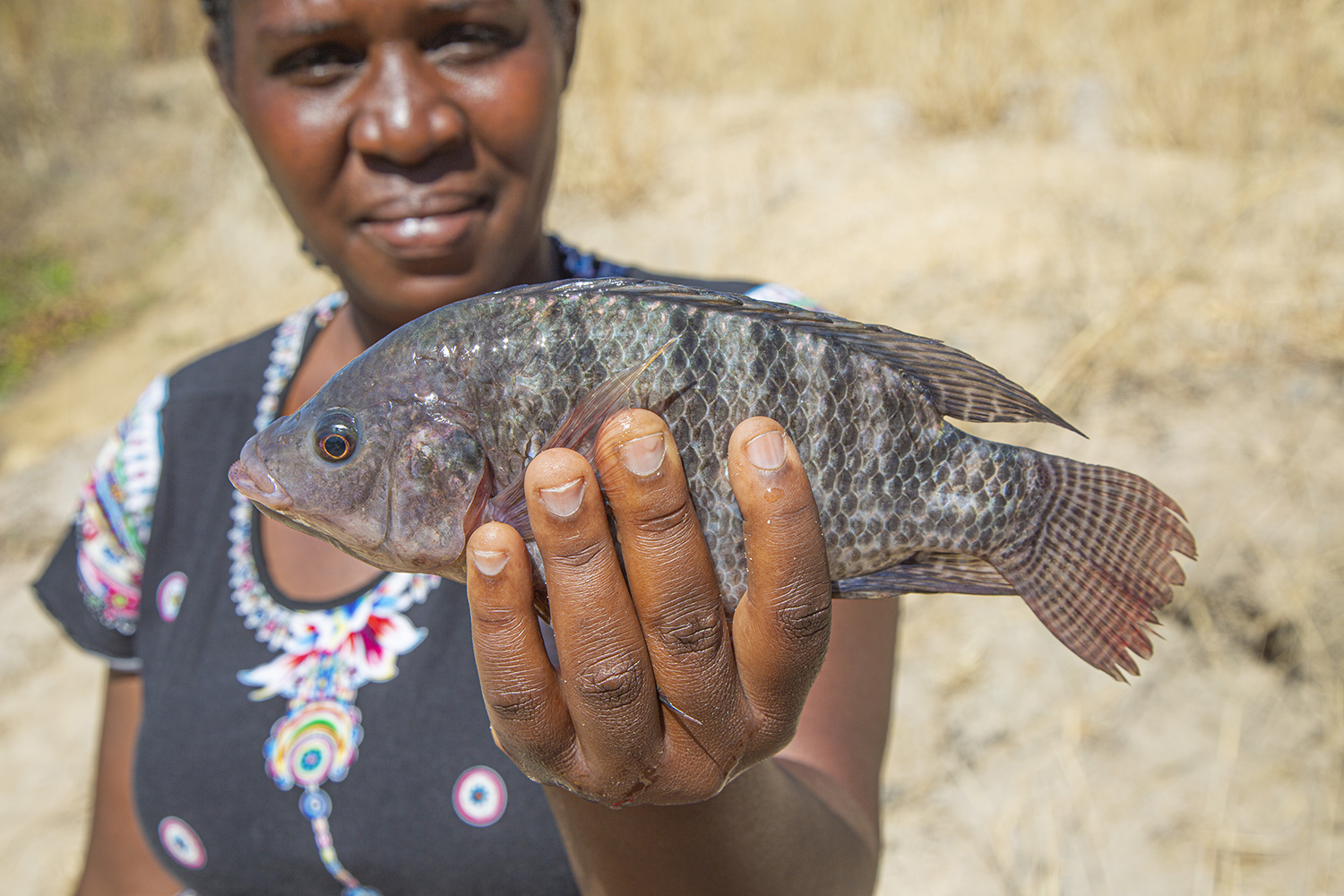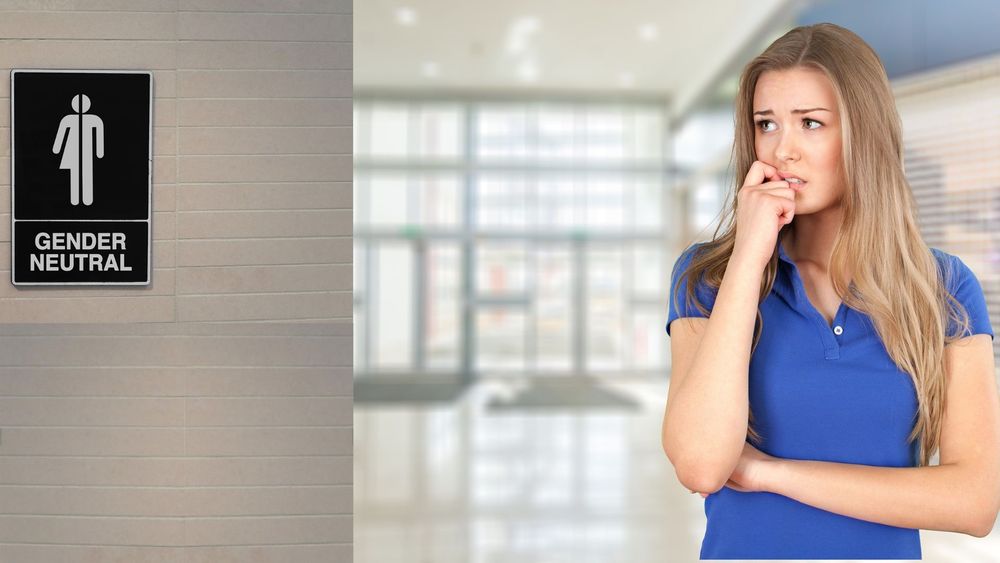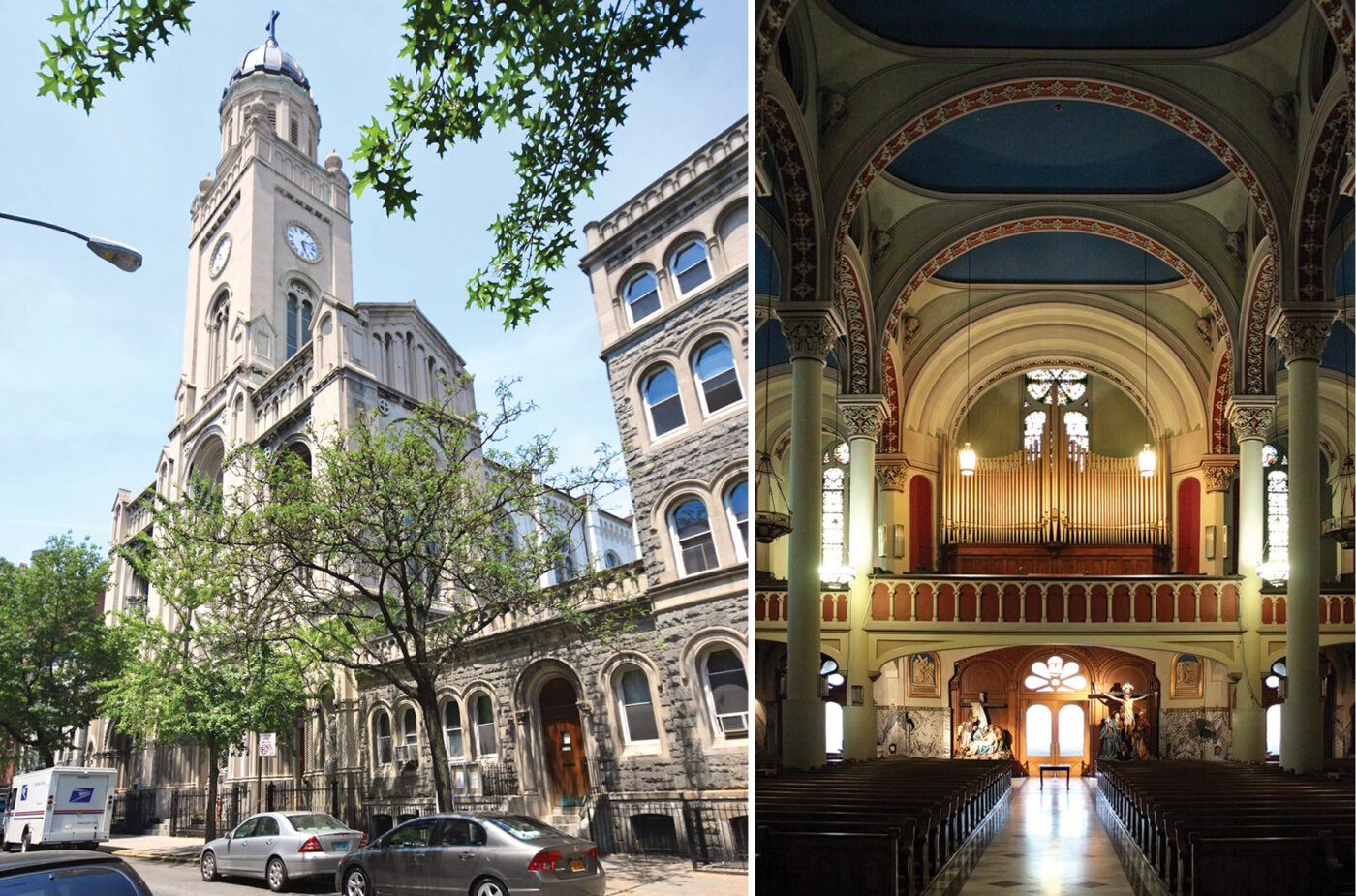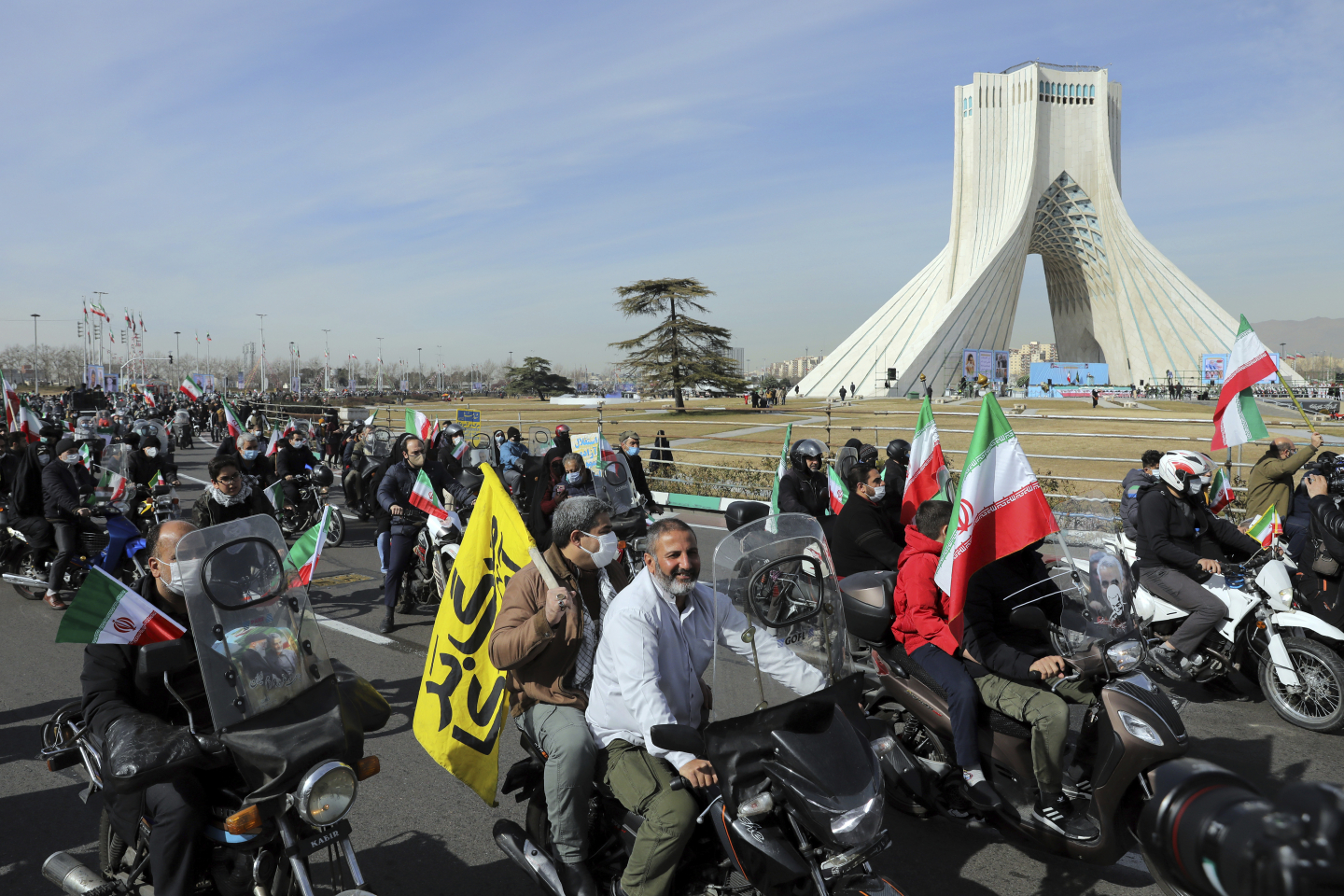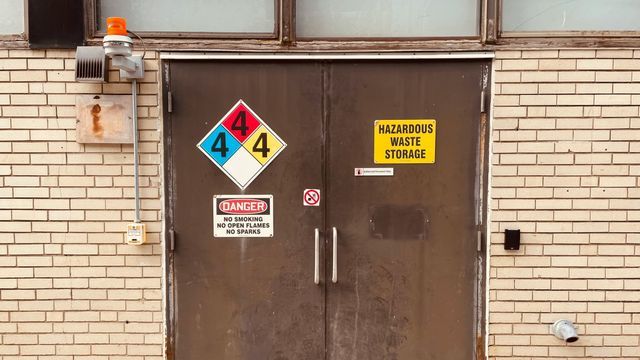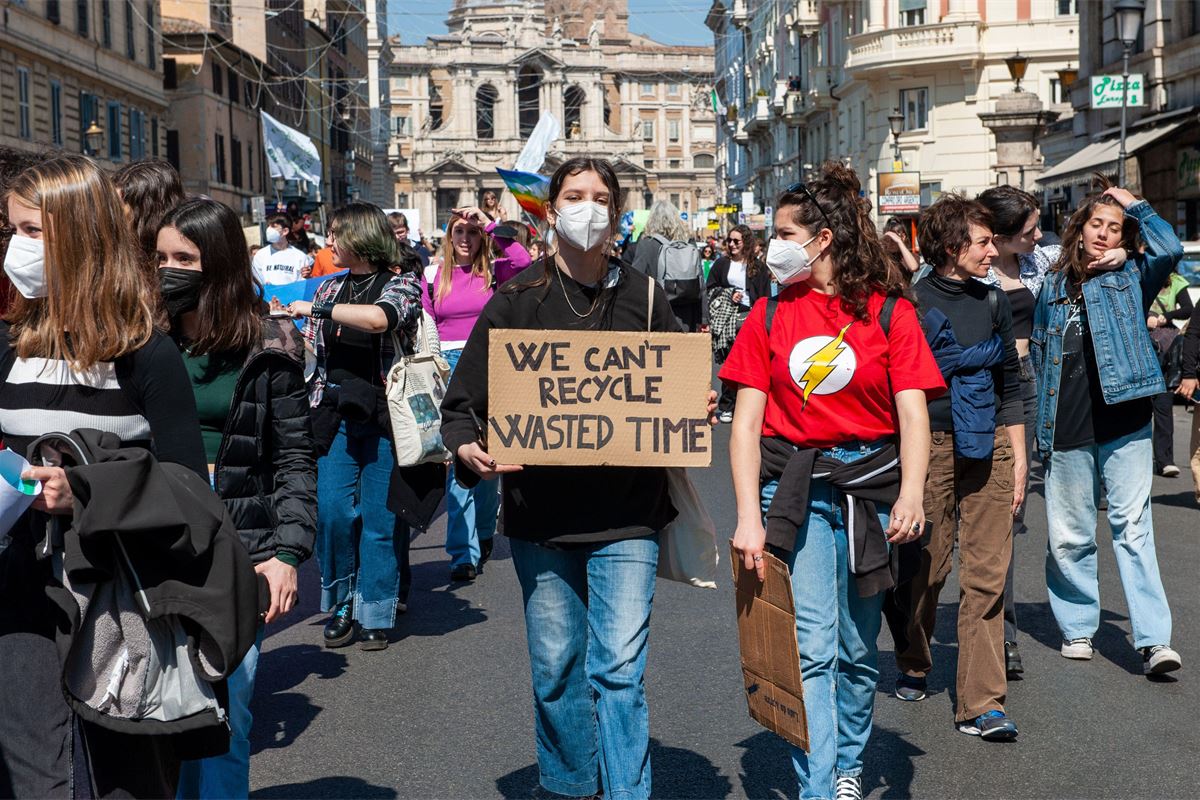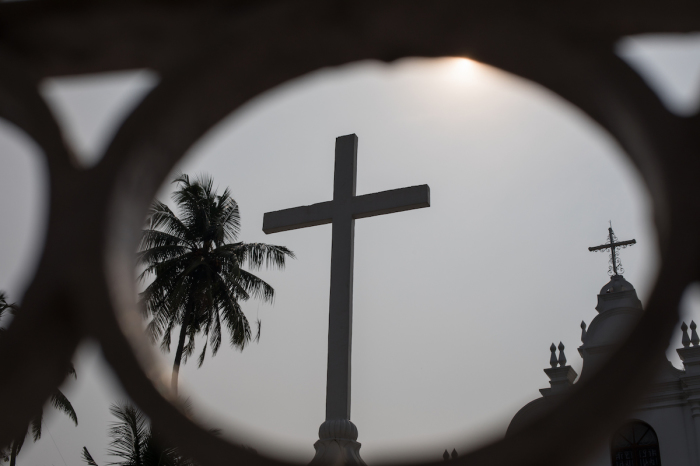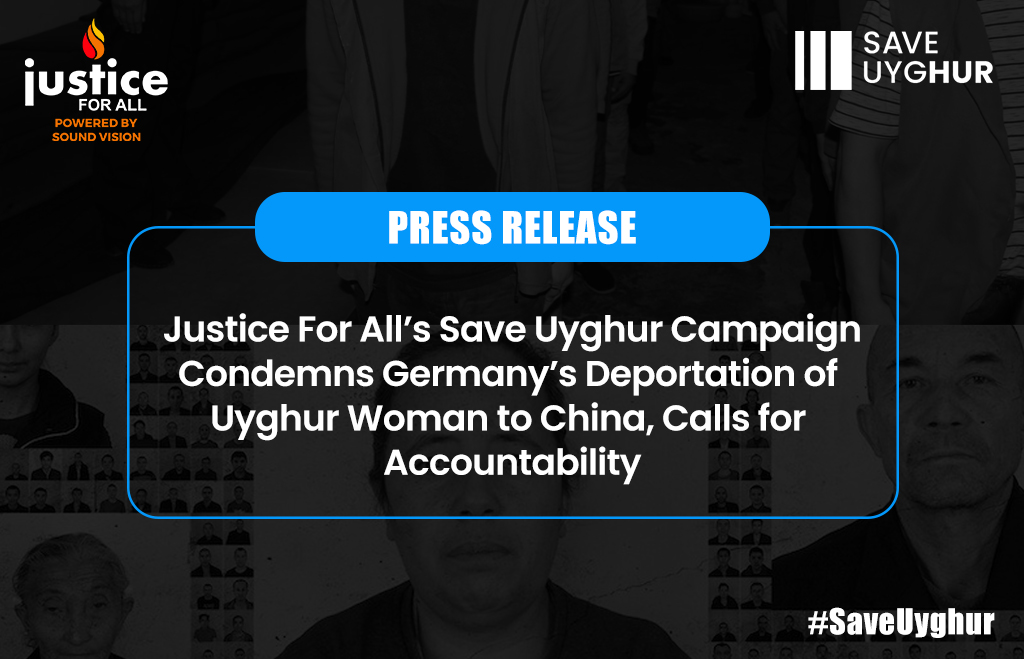ICC convicts Anti-balaka leaders for serious crimes against humanity – JURIST Legal News

Report on International Criminal Court Convictions in the Central African Republic
Case Summary: Conviction of Anti-balaka Leaders
The International Criminal Court (ICC) has convicted two leaders of the Anti-balaka militia, Alfred Yekatom and Patrice-Edouard Ngaissona, for war crimes and crimes against humanity perpetrated in the Central African Republic (CAR) between 2013 and 2014. The convictions represent a significant milestone in holding individuals accountable for atrocities committed during the conflict.
- Alfred Yekatom: Sentenced to 15 years in prison.
- Patrice-Edouard Ngaissona: Sentenced to 12 years in prison.
The court found the leaders responsible for a systematic campaign of violence targeting Muslim civilians. The specific charges upheld by the ICC include murder, directing attacks against a civilian population, forcible transfer, torture, other inhumane acts, and persecution.
Alignment with Sustainable Development Goal 16: Peace, Justice and Strong Institutions
This verdict is a direct contribution to the advancement of SDG 16, which seeks to promote peaceful and inclusive societies, provide access to justice for all, and build effective, accountable, and inclusive institutions at all levels.
- Target 16.1 (Reduce Violence): By holding perpetrators of extreme violence accountable, the ICC’s ruling serves as a deterrent against future atrocities, contributing to the reduction of violence and related death rates.
- Target 16.3 (Promote Rule of Law and Access to Justice): The convictions exemplify the promotion of the rule of law at the international level. The verdict provides a measure of justice for the thousands of victims of the conflict, affirming that impunity for atrocity crimes will not be tolerated. Deputy Prosecutor Mame Mandiaye Niang stated the conviction sends a “strong message” that those responsible will be held to account.
- Target 16.a (Strengthen Institutions): The call by Human Rights Watch for increased support for both the ICC and the national-level Special Criminal Court underscores the importance of strengthening judicial institutions. International cooperation is vital to build the capacity needed to prevent violence and ensure justice is delivered comprehensively.
Broader Implications for Sustainable Development
The ICC’s judgment also reinforces several other interconnected Sustainable Development Goals, highlighting how peace and justice are prerequisites for broader development.
- SDG 10 (Reduced Inequalities): The conviction for the crime of persecution, which targeted a specific religious group, directly addresses identity-based violence and discrimination. Upholding accountability for such crimes is essential for protecting vulnerable groups and fostering social cohesion, thereby reducing inequalities.
- SDG 11 (Sustainable Cities and Communities): The crimes of forcible transfer and attacks on civilian populations devastate communities and undermine social stability. Achieving justice is a foundational step toward rebuilding safe, resilient, and inclusive communities where all citizens can live without fear, a core tenet of SDG 11.
In conclusion, while the verdict against Yekatom and Ngaissona is a critical step, stakeholders emphasize that it is part of a longer process. Sustained international support for judicial mechanisms is required to ensure that all victims in the Central African Republic receive justice, thereby solidifying the foundations for lasting peace and sustainable development.
1. Which SDGs are addressed or connected to the issues highlighted in the article?
SDG 16: Peace, Justice and Strong Institutions
- The article’s central theme is the administration of justice for severe international crimes, which is a core component of SDG 16. It discusses the conviction of militia leaders by the International Criminal Court (ICC) for war crimes and crimes against humanity, directly addressing the goal of ending impunity and promoting the rule of law. The statements from the Deputy Prosecutor about holding perpetrators “to account” and Human Rights Watch’s call for “justice” reinforce this connection.
2. What specific targets under those SDGs can be identified based on the article’s content?
SDG 16: Peace, Justice and Strong Institutions
-
Target 16.1: Significantly reduce all forms of violence and related death rates everywhere.
- The article details the crimes for which the militia leaders were convicted, including “murder, intentionally directing and attacking the civilian population,” and a “campaign of violence targeting Muslim civilians.” These are the specific forms of violence and causes of death that this target aims to reduce. The legal proceedings are a response to the failure to prevent this violence.
-
Target 16.3: Promote the rule of law at the national and international levels and ensure equal access to justice for all.
- The ICC’s conviction is a direct application of the rule of law at the international level to address atrocity crimes. The Deputy Prosecutor’s statement that “there can be no impunity for crimes” and the verdict itself exemplify efforts to promote accountability. Furthermore, the observation by Human Rights Watch that “thousands of victims in the CAR still await justice” highlights the ongoing challenge of providing equal access to justice, which is central to this target.
-
Target 16.a: Strengthen relevant national institutions, including through international cooperation, for building capacity at all levels, in particular in developing countries, to prevent violence and combat terrorism and crime.
- The article underscores the role of international judicial bodies like the ICC. The call from Human Rights Watch for “international partners to double down on their support for the ICC and the Special Criminal Court” is a direct appeal for international cooperation to strengthen judicial institutions so they have the “political backing and resources they need to carry out their critical mandates.” This directly aligns with the goal of strengthening institutions to combat crime.
3. Are there any indicators mentioned or implied in the article that can be used to measure progress towards the identified targets?
SDG 16: Peace, Justice and Strong Institutions
- Implied Indicator for Target 16.1: The article describes events that are measured by Indicator 16.1.2 (Conflict-related deaths per 100,000 population). While no specific numbers are given, the conviction for “murder” and leading a “campaign of violence” against civilians implies that such deaths occurred and are being addressed through the justice system. The conviction is a step in accounting for these violent deaths.
- Implied Indicator for Target 16.3: The conviction itself serves as a powerful qualitative indicator of a functioning justice mechanism, showing that perpetrators are being brought to justice. The statement that “thousands of victims… still await justice” implies a low rate of resolution for crimes, which relates to the concept behind Indicator 16.3.3 (Proportion of the population who have experienced a dispute in the past 12 months and who accessed a formal or informal dispute resolution mechanism). The successful prosecution is a tangible outcome of a formal justice mechanism at work.
- Implied Indicator for Target 16.a: The article’s focus on the ICC and the Special Criminal Court (SCC) relates to Indicator 16.a.1 (Existence of independent national human rights institutions in compliance with the Paris Principles). Although the ICC is international, the mention of the hybrid SCC and the call for its support points to the importance of having functional, resourced, and independent judicial institutions. The successful conviction demonstrates the capacity of such an institution to combat impunity when properly supported.
4. Table of SDGs, Targets, and Indicators
| SDGs | Targets | Indicators |
|---|---|---|
| SDG 16: Peace, Justice and Strong Institutions | 16.1: Significantly reduce all forms of violence and related death rates everywhere. | Implied: The article addresses crimes like “murder” and “attacking the civilian population,” which are measured by Indicator 16.1.2 (Conflict-related deaths per 100,000 population). |
| SDG 16: Peace, Justice and Strong Institutions | 16.3: Promote the rule of law at the national and international levels and ensure equal access to justice for all. | Implied: The conviction by the ICC is a direct application of international rule of law. The fact that “thousands of victims… still await justice” points to the need to improve access to justice, a concept related to Indicator 16.3.3. |
| SDG 16: Peace, Justice and Strong Institutions | 16.a: Strengthen relevant national institutions, including through international cooperation, for building capacity… to prevent violence and combat… crime. | Implied: The functioning of the ICC and the call to support the Special Criminal Court relate to Indicator 16.a.1 (Existence of independent national human rights institutions). The conviction is evidence of a functioning institution. |
Source: jurist.org

What is Your Reaction?
 Like
0
Like
0
 Dislike
0
Dislike
0
 Love
0
Love
0
 Funny
0
Funny
0
 Angry
0
Angry
0
 Sad
0
Sad
0
 Wow
0
Wow
0

